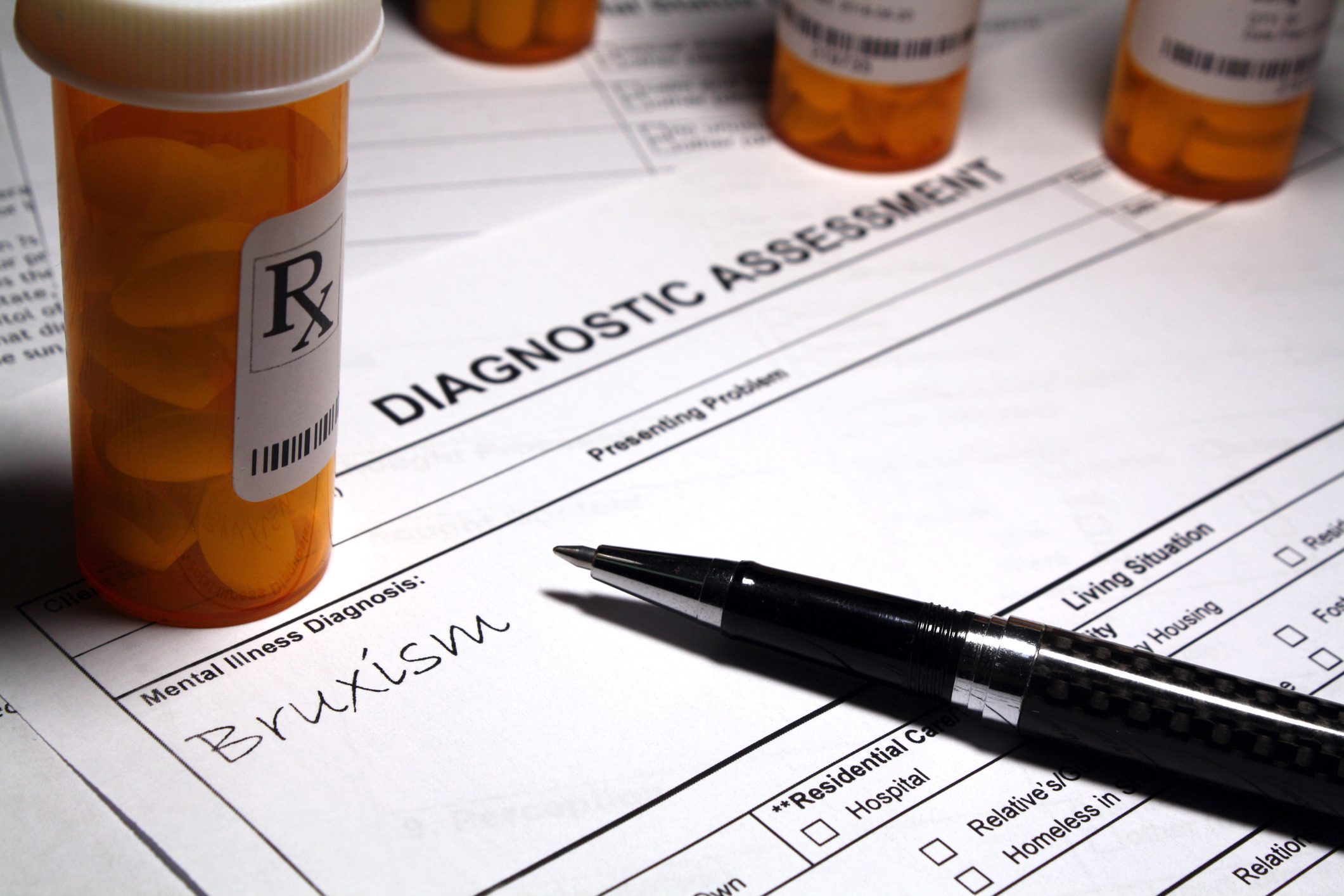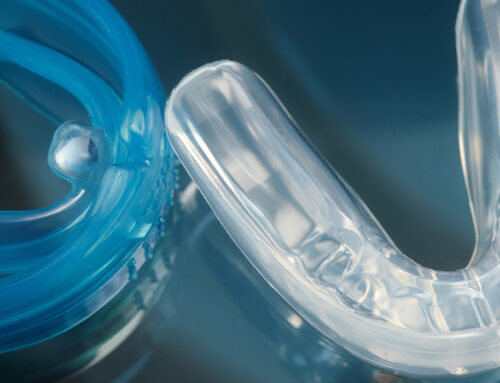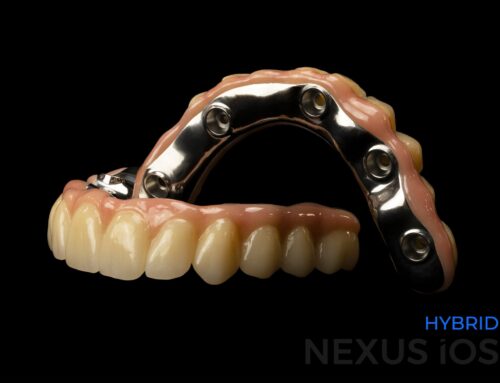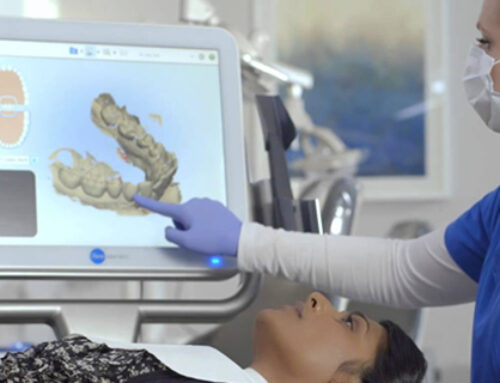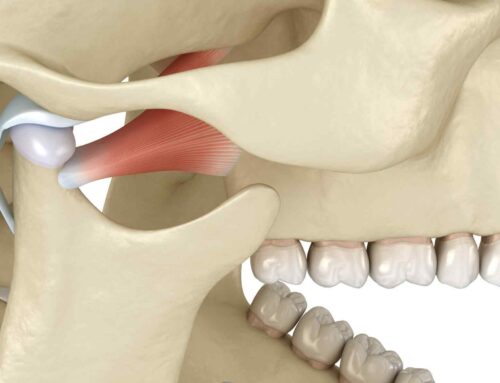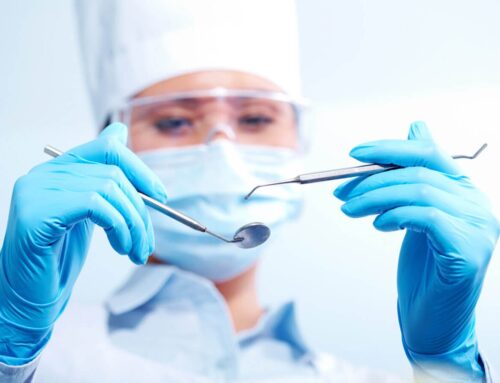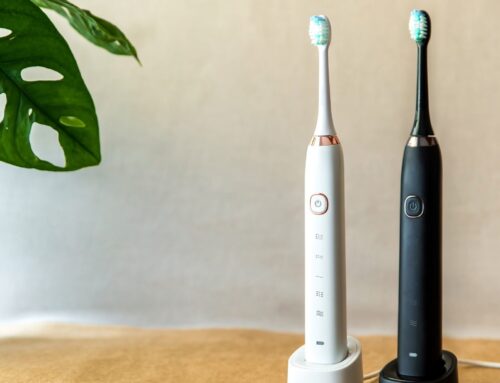Dealing with Teeth Grinding – Why do we Grind our Teeth?
Teeth grinding, also known as bruxism, is a common condition that can cause some very serious problems. It can flatten, chip or fracture teeth leading to a host of other problems, all of which can result in spending time in the dentist’s chair. It’s an issue that requires attention and a diligent adherence to a treatment plan.
Additionally, teeth grinding can hinder your life in other ways. It can be loud enough to wake your partner up in the night or it can make your jaw sore. If left untreated, it will most certainly worsen.
To start, let’s delve into what bruxism is and the different types. We’ll review the common reasons that people grind their teeth and the associated symptoms. Lastly, we’ll offer some solutions that you may want to discuss with your dentist.
What is Bruxism?
Bruxism is a disorder where someone excessively grinds or clenches their teeth often while sleeping or without realizing they are doing it. There are a few different types and a range of severity. One aspect of bruxism to note is that because it often happens when we sleep, we might not be aware of it until the symptoms have reached a certain point or until pain is experienced.
Awake Bruxism
This form of teeth grinding can be rooted in emotions. The causes can include anxiety, stress, anger or frustration. There is a school of thought that believes it can be a coping mechanism or can even occur when one is in deep focus.
Sleep Bruxism
This is the type of bruxism that occurs while one is sleeping. It can also be rooted in emotional issues or a side effect of one’s sleep activity.
Mild Bruxism
There is a mild version of bruxism that usually requires monitoring instead of treatment. People with mild bruxism are typically not in danger of developing the symptoms associated with bruxism like jaw disorders or headaches.
Reasons for Teeth Grinding
The causes of teeth grinding aren’t fully understood by dental professionals. This is most likely due to it being caused by some combination of physical and psychological factors. Genetics may also play a role.
Symptoms
Because many people don’t even realize they are grinding their teeth, it’s imperative to be aware of the symptoms and to visit your dentist if any of them appear. if you share your bed with a partner and believe you have the symptoms of bruxism, ask them to listen for any signs while you sleep.
The symptoms can include:
- Teeth that are smaller and have become flattened, fractured, chipped or loose. It’s recommended to check the bottom of your teeth to see if they’ve become jagged.
- Sore molars when chewing solid foods.
- Other sensitivity and/or pain when you eat or drink.
- Tooth enamel wears down, exposing the inner layers of a tooth.
- Jaw muscles that feel tight or tired. In the more extreme cases, a jaw can lock preventing it from opening and closing.
- General soreness in your jaw, neck or face. This pain can mimic that of an earache but rest assured that your inner ears are most likely fine.
- Mild headaches that start or concentrate in your temples.
- The inability to sleep through the night and/or waking up with a sore jaw.
- Some damage to the inside of your cheek causes by a chewing motion.
Severe cases of bruxism can cause serious health complications, including:
- Breaking dental crowns or restorations
- Tension headaches
- Severe pain in the jaw or face
Because of the murky nature of teeth grinding, it can happen to just about anyone. These factors could increase the risk of teeth grinding or clenching:
- Stress
- This is a big one. Anxiety, anger and frustration stemming from mismanaged stress could result in teeth grinding while asleep or awake. Since stress is a normal part of life, it’s important to understand that even if you are managing stress, you could still grind your teeth.
- Age
- People of all ages can grind their teeth yet it is fairly common for children. Many often outgrow it by the time they enter adulthood. Be sure to discuss this with your child’s dentist during their next appointment.
- Personality
- This might sound weird but being an aggressive person or someone who is overly competitive or hyperactive can lead to teeth grinding.
- Medications
- While not common, bruxism can be a side effect of certain antidepressants.
- Substances
- Tobacco, caffeine, alcohol or using recreational drugs could increase the chances of developing this disorder.
- Genetics
- If you have blood relatives who suffer from sleep bruxism, you could be at a greater risk.
- Mental Health or Medical Disorders
- Different types of bruxism can result from Parkinson’s, dementia, gastroesophageal reflux disorder, attention-deficit/hyperactivity disorder, epilepsy or sleep-related disorders like night terrors or sleep apnea.
Treating teeth grinding early on can prevent your teeth and jaw from being harmed or could ensure you don’t have to suffer through pain or sensitivities.
Solutions to Grinding Teeth
Teeth grinding is a serious issue, but it is not short on solutions. There are many options and people can find one or more that suit their lifestyle and case. Ultimately, it should be up to your dentist to determine what is the best route to take to counteract this disorder.
Possible solutions include:
- Dental Nightguards can prevent one row of teeth from grinding on the other. They are worn while a patient sleeps (hence “night” in its name) and are custom fitted via molds so that it fits comfortably in one’s mouth. They are typically made from plastic or acrylic. The thing is that a nightguard will protect your teeth from the grinding action but will not prevent you from grinding. This is a solution that’s best when paired with other means to negate the disorder.
- Stress relief is an important tool to deal with bruxism. Exercise or time away from work can help reduce the problem.
- A warm bath before bed can help as warm water can relax your muscles. If you’re not much of a bath fan, you can use a wash cloth with warm water on your jaw to sooth it before you turn in for the night.
- Speaking to a mental health professional can help you deal with your anxiety and alleviate stress. A trained professional can provide you with coping strategies that can decrease how often you grind your teeth.
- Reducing your daily alcohol and caffeine intake can help your bruxism especially if you can avoid these substances in the evening or late at night.
- Not chewing on non-food items can ensure that your jaw doesn’t get used to constant chewing or clenching. This means refraining from chewing on the ends of pens and pencils.
Bruxism can be a complicated and challenging issue and many patients need to combine solutions to create a plan that will deal with this disorder from all angles.
Do You Grind Your Teeth?
If you suspect that you’re grinding your teeth either while you’re awake or asleep, then you should speak with your dentist and undergo an examination. There are several treatment options and your dentist will work with you to prevent the symptoms from worsening.
Free Initial Consultation
Free consultations for all dental implants, bridges & crowns, braces, gum recession and full mouth reconstructions ($300 Value).
Contact us to book your appointment today.
